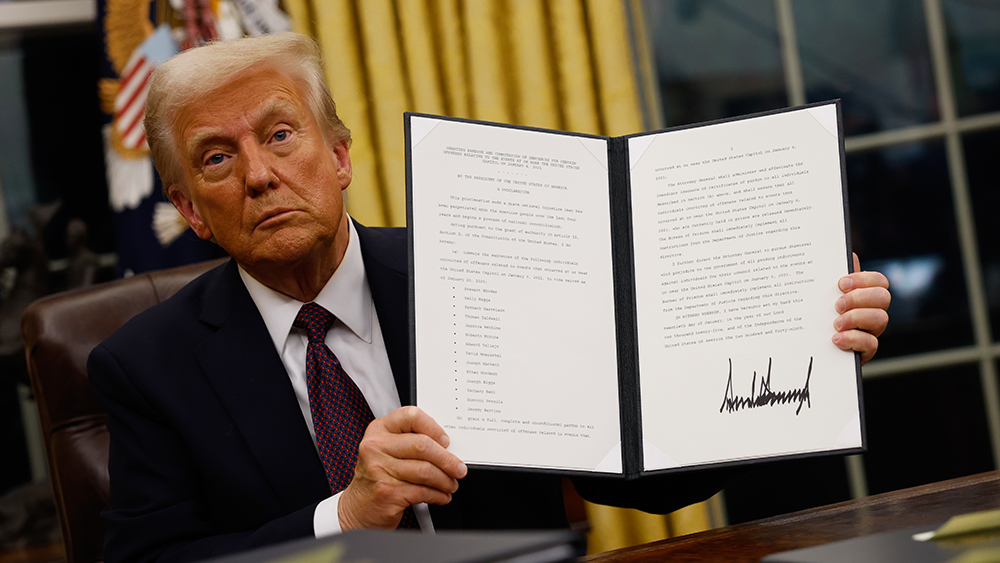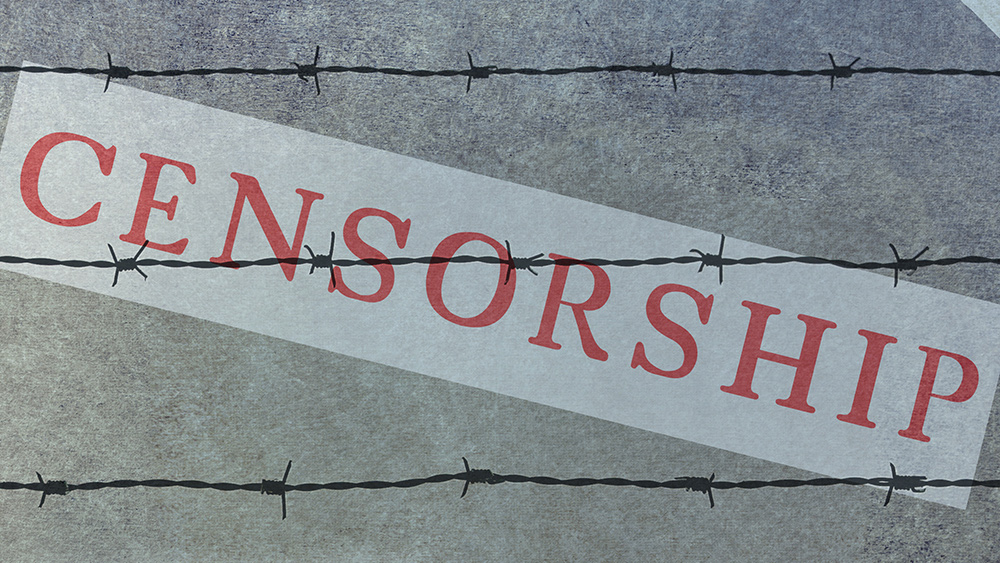
The Ukrainian government has been carrying out a major operation to control the narrative about the conflict with Russia, according to a new report. Although they originally claimed the aim was to fight what they consider Russian disinformation, they are now targeting journalists, along with politicians and other critics who are speaking against the West’s approach to the situation there.
They have set up a pair of centers to carry out their operations, including the Center for Countering Disinformation in the National Security and Defense Council and the Center for Strategic Communications and Information Security at the Ministry of Culture. Under the leadership of Andriy Kovalenko, they have been taking an aggressive approach to controlling the conversation across social media.
Molfar OSINT, a Ukraine intelligence agency that is based in London, is behind the effort. The group recently placed Senator J.D. Vance on its list of enemies of Ukraine on the day that Donald Trump announced him as his running mate. They singled him out for what they classified as “Pro-Russian statements,” such as opining that Ukraine should not join NATO and saying he “really doesn’t care what happens to Ukraine.”
Kovalenko recently said in an interview that he believes the biggest international danger right now is the flow of information from the Middle East and the Global South.
A translation of his comments states: "Now it is very important to deepen the direction of OSINT so that we can do more research, such as we did about Africa, in particular about the spread of fakes. How Russian disinformation works there, how they buy publications in the media, what kind of journalists they invent, how they frame people who are in Russia, calling them African journalists.”
He added that they believe similar operations are being carried out elsewhere, noting: “Russia is doing the same thing in the Middle East, in China, and we need to investigate more how this system works. And we analyze a lot about international affairs, the work of Russians on different continents, predict their campaigns and our actions in response.”
He explained that he has been working with international broadcasting platforms to help Ukraine's messages reach foreign audiences. They are also enlisting the help of influencers to counter what they deem “disinformation.”
Not surprisingly, the U.S. appears to have a hand in this. He asserted: “We are working with American partners to counter disinformation, with German and French partners, and we have begun to exchange information with European partners and NATO member states. This allows you to receive more support from them than you had before.”
He added that his group has access to state secrets and works alongside intelligence agencies behind closed doors. They are providing guidance on “how to respond to fake news made by Russia.”
Journalists in Ukraine are being intimidated and pressured
In May, Politico reported that investigative journalists in Ukraine are being subjected to political pressures and threats.
One Ukrainian reporter, Yuri Nikolov, told the publication: “I ran investigations for 15 years before the war, and it was always hard and risky. But I think it’s worse for journalists now. They use different intimidation tactics to try to deter reporters and then, of course, they can always threaten to ship you off to the front lines.”
He explained how he became the victim of a harassment campaign and suffered reputational damage after publishing a story about defense procurement and the inflated prices of food for Ukrainian troops. He said people visited his home in person to intimidate him as well.
Nikolov also complained that reporters who dare to write something unflattering about the government are often labeled Russian agents, enemies of the state and draft dodgers, which has prompted many to be cautious when criticizing Ukraine in their work.
Sources for this article include:
Please contact us for more information.




















